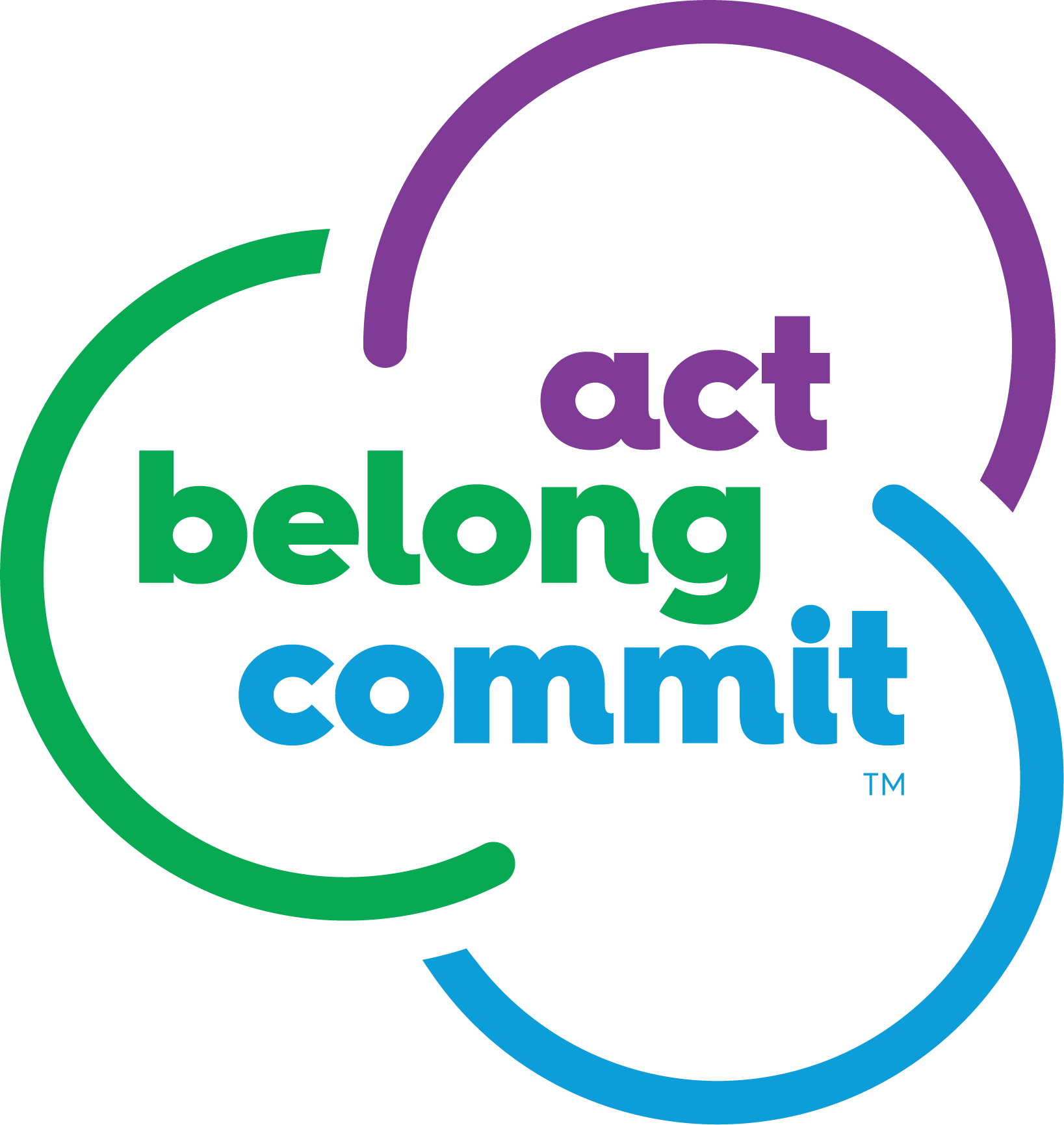Many people believe that when they start exercising, they have to go hard and fast to achieve results and when they don’t succeed, they become disheartened and give up.
Our Accredited Exercise Physiologist, Lily Tyler has prepared six tips for you to start an exercise routine and you’d be surprised to know that the main message of these tips is to go slow and steady to win YOUR race!
Start Low, Progress Slow
If you haven’t exercised in a while, then signing up for a half marathon next week may not be the best idea.
We recommend starting with something that you consider to be light exercise. This could be walking, bike riding, swimming, yoga, or anything else you can think of. We also think about the duration of exercise and begin with a time frame which you are confident you can complete without straining anything. This will be different for everything.
Over time you should feel that your typical routine is becoming easier, this shows us that your body is adapting and is capable of doing more. This is when we consider “progressing” the exercise in some way. We can progress the intensity, duration, frequency, and complexity of the exercise.
An example would be commencing an exercise routine with 15-minutes of walking once per week.
Potential progressions:
Intensity – introduce speed walking for some or all of the walk.
Duration – increase the time spent walking to 20-minutes.
Frequency – add a second day of walking each week.
Complexity – if you use a walking aid, try walking a short distance without the aid.
Find something you enjoy
If you don’t enjoy walking, then don’t tell yourself that you should be walking to improve your health and fitness. As humans, if we don’t enjoy doing something we will generally find excuses to avoid doing it. You’re not abnormal for struggling to keep up your morning walks if you’re not a morning person.
Instead, find something you do enjoy. It could be dancing, golf, lawn bowls, or rock climbing.
Make a schedule that suits you
Some people need a strict schedule which tells them that they have to exercise on Mondays, Wednesdays, and Fridays. Other people prefer a more flexible approach of aiming to exercise a certain number of times during the week. If they get to Thursday and they haven’t exercised yet, then they need to prioritise exercising over the next few days.
If you already know which style suits you, then you’re ready to go!
If not, then try one method for a few weeks and see how it goes. You may need to change a few things or switch methods, but something should work eventually.
Join a group
Find a group or convince a friend to join you! We often struggle to motivate ourselves but knowing that a friend will be there makes all the difference. Not only are we exercising but we also get to see a friend at the same time which is good for our social and mental health.
There are always groups nearby, the challenge is finding them!
Ask the people around you whether they know of any local groups, search online, or ask in a local forum.
Most communities will have a variety of free and paid groups available, but if you can’t find something that suits you, make one!
Set realistic expectations – expect obstacles
Life happens, things get in the way, we get sick, and sometimes it’s unreasonable to expect yourself to exercise. That’s okay, and you shouldn’t lose your motivation because of it.
Our progress won’t always be linear.
Once we learn to accept that hurdles will get in the way it is much easier to change our mindset and look long-term. Think about your progress over 6-months rather than 6 weeks, or even longer if you have a large setback.
If you’ve had a break from exercising, it can be a good idea to ease back in slowly. This may mean reducing how demanding an exercise session is until your body is feeling strong and capable to return to your old routines.
Seek support if you have questions
Accredited Exercise Physiologists are trained to answer your exercise questions and help find solutions.
If you have any questions or concerns regarding exercise, book in to see one of our Accredited Exercise Physiologists by calling 1300 706 922 or send an email to info@360.org.au.
About Lily Tyler
Lily holds a Masters Degree in Clinical Exercise Physiology from Curtin University which she completed in 2021.
Lily has extensive experience as an Accredited Exercise Physiologist having worked throughout her studies for East Fremantle Women’s Football Club, Murdoch University, Melville Football Club’s women’s teams and completed placements at Guardian Exercise Rehabilitation, Cockburn Integrated Health, Cockburn Arc and the Youth Cancer Service.
At 360 Health, Lily sees individual clients as well as coordinating all exercise groups in the gym in Rockingham.
Lily is a co-coordinator of WAPHA’s Persistent Pain Program which provides services and support to individuals with chronic pain.





